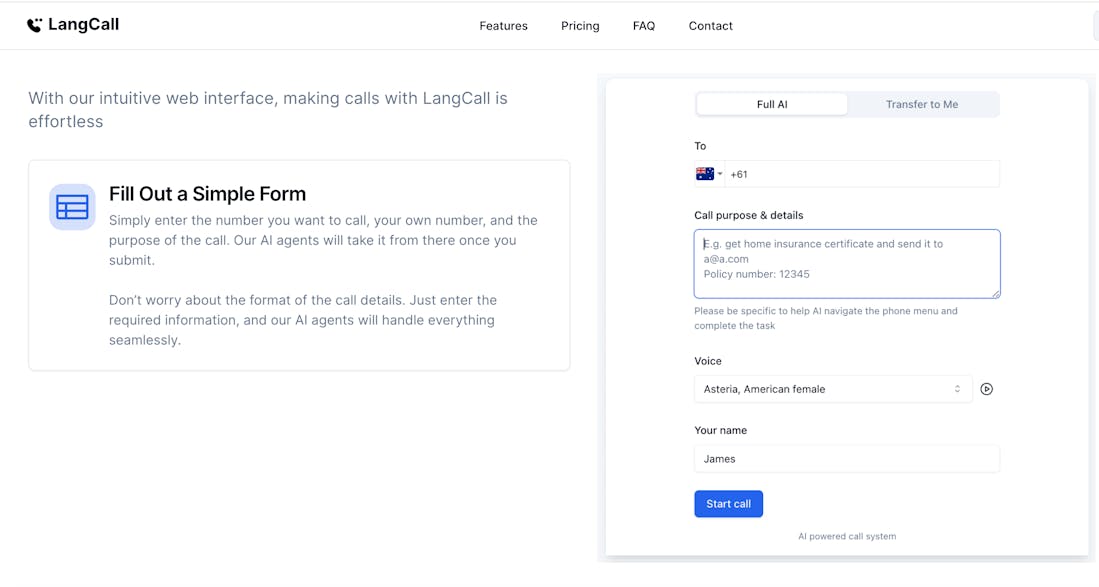- Superpower Daily
- Posts
- OpenAI used a game to help AI models explain themselves better
OpenAI used a game to help AI models explain themselves better
Island of riches: Taiwan reaps benefits of AI boom
In today’s email:
📚 TTT models might be the next frontier in generative AI
🎶Spotify adds a Spanish-speaking AI DJ, ‘Livi’
👀China deploys censors to create socialist AI
🧰 11 new AI-powered tools and resources. Make sure to check the online version for the full list of tools.



OpenAI researchers have developed a new algorithm to help large language models (LLMs) like GPT-4 explain their reasoning more clearly, addressing the "legibility" problem. This is crucial for building trust in AI, especially in critical fields like healthcare and defense, where incorrect answers can have serious consequences. The new algorithm, detailed in the paper "Prover-Verifier Games Improve Legibility of LLM Outputs," uses a game-based approach to make AI outputs more understandable and trustworthy.
The algorithm is based on the "Prover-Verifier Game," a concept from the University of Toronto, where a more powerful AI (the prover) tries to convince a less powerful AI (the verifier) of an answer. OpenAI modified this game by alternating the prover's role between being helpful and sneaky, aiming to enhance the verifier's ability to discern correct answers and the prover's ability to explain its reasoning. Human evaluators rated the clarity of the prover's explanations, and both models were retrained between rounds to improve their skills.
This iterative process showed that the verifier became better at detecting incorrect answers, while the prover improved in explaining its reasoning to humans. The resulting algorithm optimizes for both correctness and legibility, making AI outputs more verifiable and trustworthy. OpenAI hopes this method will enhance trust and safety in AI applications and aid in aligning future models that might surpass human intelligence.

Taiwan is experiencing a significant wealth increase due to the global AI boom, with companies like Quanta Computer and Taiwan Semiconductor Manufacturing Company (TSMC) at the forefront. Quanta, benefiting from the high demand for AI servers, has seen a rise in share prices and profits, allowing employees to enjoy substantial bonuses. The AI industry's growth is predicted to increase the number of millionaires in Taiwan by 47% by 2028, with benefits spreading beyond senior managers to a broader segment of the workforce.
The wealth generated by the AI and semiconductor industries is boosting various domestic sectors. Increased salaries in these industries lead to higher investments in property and growth in real estate, which in turn supports other industries. The labor shortage due to Taiwan's shrinking population is driving wage increases across all levels, including low-end service jobs, with the hospitality sector seeing significant pay rises.
However, the wealth effect has its limits, with young people and other sectors still facing challenges. Rising property prices, driven by high-earning tech workers, are making housing unaffordable for many, contributing to dissatisfaction among younger workers. Despite these issues, the AI boom offers hope for broader economic benefits and income distribution in the future.

Transformers have been the backbone of AI models like OpenAI's Sora, Anthropic's Claude, and Google’s Gemini. However, their computational inefficiency, particularly on standard hardware, has led to increased power demands, pushing researchers to explore new architectures. A promising new model is Test-Time Training (TTT), developed by researchers at Stanford, UC San Diego, UC Berkeley, and Meta. Unlike transformers, TTT models encode data into representative variables called weights, allowing them to process more data without the hidden state growing larger, thus maintaining high performance with lower computational demands.
The hidden state in transformers is a critical yet limiting component, acting as a vast lookup table that becomes computationally intensive as it grows. TTT models replace this with an internal machine learning model, which doesn’t expand with more data, making them more efficient. Yu Sun from Stanford explained that TTT models could process billions of data pieces, far exceeding the current capabilities of transformer-based models. This efficiency allows TTT models to handle tasks like generating multiple words about a book or processing long videos without the heavy computational load transformers require.
While TTT models show promise, they aren't ready to replace transformers yet. The current TTT research is based on smaller models, making it difficult to compare them to large transformer implementations. Skepticism remains, as highlighted by Mike Cook from King’s College London, who noted that the real test would be if the efficiency claims hold up with more data. The drive for transformer alternatives is growing, with other models like state space models (SSMs) from startups like Mistral also showing potential for greater computational efficiency, possibly leading to more accessible generative AI technology.
Spotify is expanding its AI DJ feature by introducing a Spanish-language version. The new voice for this feature is provided by Olivia "Livi" Quiroz Roa, a senior music editor at Spotify. Users can now choose between hearing Livi or Xavier "X" Jernigan, who voices the English-speaking DJ variant released in February 2023. This AI-generated voice offers radio-like commentary, providing additional context about the songs being played, which helps keep listeners engaged and less likely to skip tracks.
The Spanish-speaking AI DJ will be available to Premium users in selected markets in Latin America and Spain. This rollout follows the recent introduction of the English-speaking DJ feature in other regions. The AI DJ pairs commentary with an endless playlist of personalized music recommendations that adapt based on user activity, such as changes in preferred genres or artists. This dynamic feature aims to enhance the user experience by providing a more interactive and informative listening experience.
This expansion comes shortly after Spotify increased its Premium subscription prices for both US and international users. The company stated that the price hikes would enable them to continue investing in and innovating their product features. The new AI DJ in Spanish is part of these ongoing efforts to enhance and diversify Spotify's offerings, aiming to provide a more personalized and engaging service to its users across different languages and regions.
Other stuff
Google brings AI agent platform Project Oscar open source
Meta decides to suspend its generative AI tools in Brazil
Meta won't offer future multimodal AI models in EU
Trump allies want to “Make America First in AI” with sweeping executive order
China deploys censors to create socialist AI
Apple says its OpenELM model doesn’t power Apple Intelligence amid YouTube controversy
Bhutan’s first AI startup is seven college kids in a dorm
SAPwned: SAP AI vulnerabilities expose customers’ cloud environments and private AI artifacts
All your ChatGPT images in one place 🎉
You can now search for images, see their prompts, and download all images in one place.


Designer - Microsoft’s AI-powered, Canva-like Design App

Traceloop - Know when your LLM app is hallucinating or malfunctioning.
.png)
Talkforce - Reduce Costs & Boost Efficiency: Automate Customer Care with AI

BlockAtlas - Search and Map US Demographic Data

Scade.pro - Convert AI into revenue, engagement, and new projects
Real-time Voice Translation by Byrdhouse - Translate your live events and meetings into any language
[Sending]flow - All-in-one Webflow email autoresponder

Sprig Heatmaps - Capture and analyze your product behavior at scale with AI

LangCall - Skip hold music and let AI make calls for you

CommandAI - Command line utilities with the power of AI

Didero integrates with your existing systems and uses AI to automate your most common workflows



How did you like today’s newsletter? |
Help share Superpower
⚡️ Be the Highlight of Someone's Day - Think a friend would enjoy this? Go ahead and forward it. They'll thank you for it!
Hope you enjoyed today's newsletter
Did you know you can add Superpower Daily to your RSS feed https://rss.beehiiv.com/feeds/GcFiF2T4I5.xml
⚡️ Join over 200,000 people using the Superpower ChatGPT extension on Chrome and Firefox.
OR

